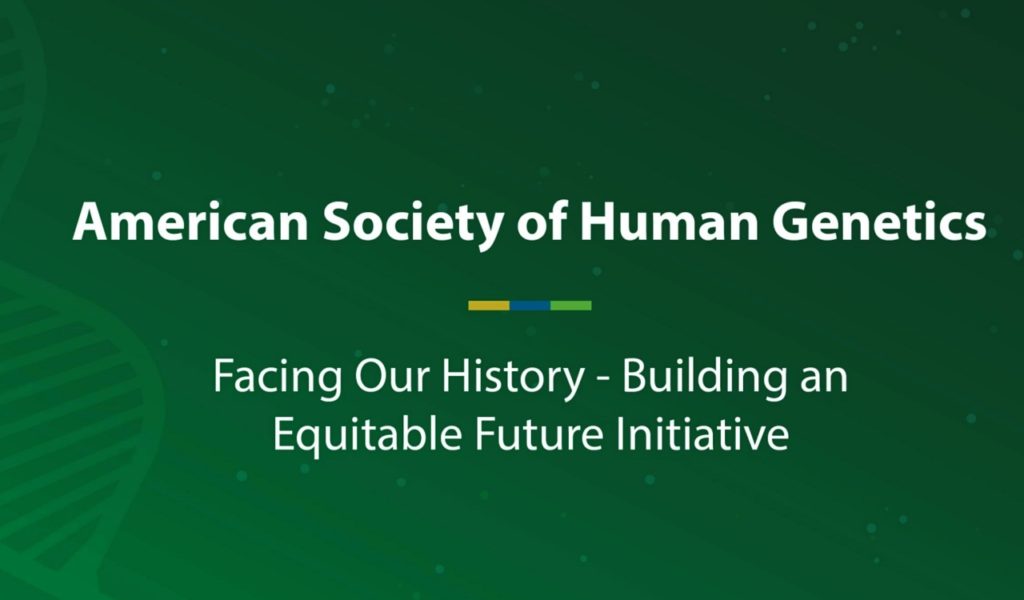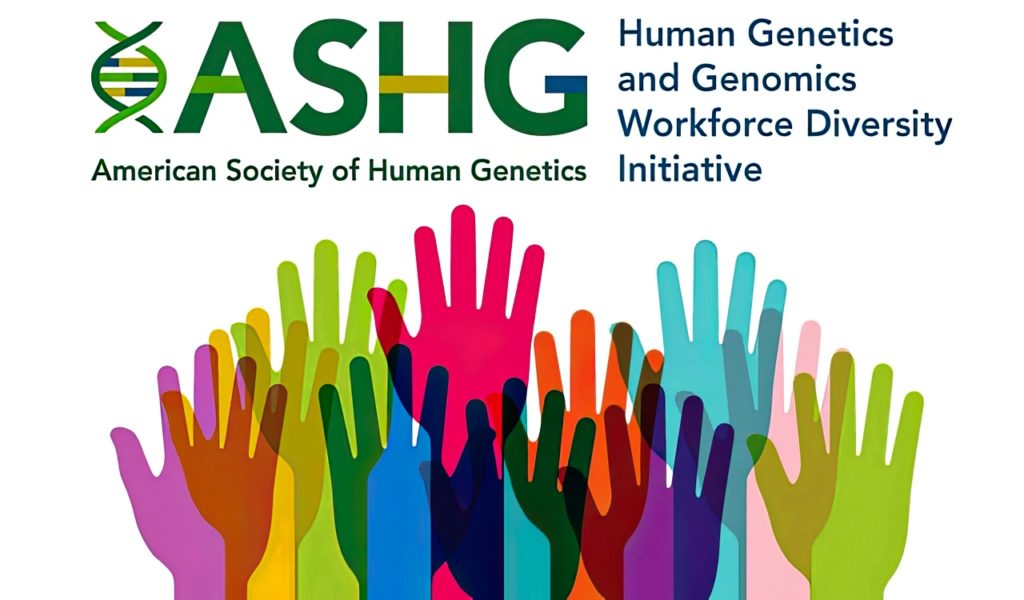For those unaware, there have been several tests conducted on human beings. Today, we often do testing on volunteers…with ages that can be wildly different. Yet before a lot of the rules we see today were in place, experiments were done on “undesirables.”
You might not be surprised to learn that those with “undesirable traits” weren’t usually white people. In fact, massive racists pushed something known as eugenics, a movement that at one point had a lot of popularity and even support from the United States government.
Before the 1970s, many leaders in genetics programs and groups were in full support of eugenics. Things like the forced sterilization of people with these undesirable traits referenced previously were quite common. This was obviously terrible, and one group wants to apologize for their role in it.
ASHG Apologizes For Its Participation

The American Society of Human Genetics or the ASHG came out this week to apologize for the role that some of their early leaders played in the horrific eugenics movement. On top of this, they also apologized for other injustices committed by researchers under their banner.
Many of their early Presidents supported these terrible things and the society in place today feels it is only right to apologize. Before the 1970s, they stayed completely silent about the use of genetics to justify moronic and terrible discrimination against African Americans.
A lot of things did not change until the 1990s when the ASHG officially opposed eugenics and all theories related to it. However, even during the 1990s, they were part of some controversial studies.
During this same decade, the Arizona State University’s Diabetes Project studied the genetic information of Havasupai tribe members without consent. Historians documented several of these cases and were shocked by what happened.
University of Pennsylvania geneticist and ASHG member, Sarah Tishkoff, is part of the expert panel that helped guide the ASHG’s report. She referenced how historians claimed this diabetes project was “shocking, disturbing, and surprising.”
To readdress the harms, the ASHG claimed it would be strengthening diversity initiatives. On top of that, they will be removing ALL scientists from awards it bestows, until they review their actions and the overall role they played in some of these genetic controversies.
The ASHG’s Research Pre-Apology

The big initiatives for the ASHG were to research and environmentally scan the human genetics and genomics field, as well as their history within it to identify examples of unethical or unjust views, actions, events, or statements,
Their initial scan identified significant areas of progress, including trends or key moments of movement toward greater justice, equality, and inclusion. Thus, while their history might not be terrific, their future looks to be pretty promising.
Four expert panel meetings took place, during which the panel revised and provided feedback on the findings of the scan. The experts helped to identify themes and even developed insights for actions the ASHG could undertake moving forward.
A community dialogue session took place where members learned about the early findings from this initiative and engaged with the Expert Panel members. The community also provided additional potential insights for action.
Their scan used hundreds of resources, such as peer-reviewed literature, published literature, interviews, and speeches. The findings were then used by the Expert Panel to work on three main questions:
- To what extent has human genetics research permeated and promoted scientific racism?
- How has human genetics research been used (within or beyond genetics) as a justification for systematic exclusion, mistreatment, and abuse of people from racial and ethnic minoritized groups, people with invisible & visible liabilities, and other historically marginalized groups?
- Where and when have geneticists spoken out against the misuse of genetic knowledge to justify harm?
They did all of this while wanting to appreciate the tremendous depth and breadth of historical, sociological, political, and medical literature, as well as the scholarship on these topics both in the United States & around the world.